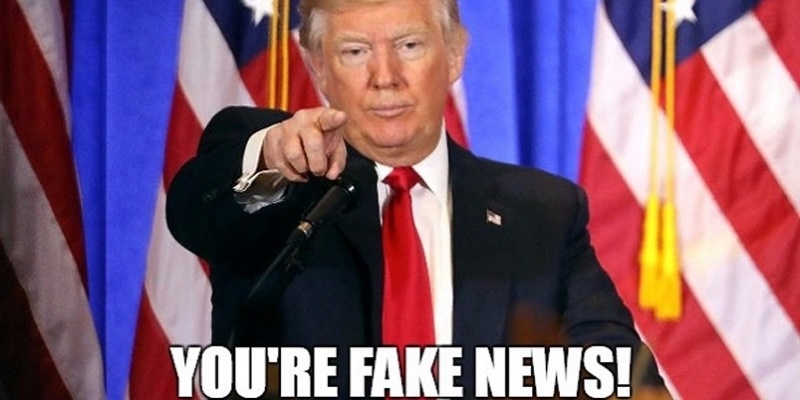By Ari Kaufman,
Last week’s pact between Iran and Saudi Arabia will not usher in some utopian peace on earth; instead, it offers a glimpse of the world’s future as Washington D.C. stumbles and Beijing makes inroads in its iniquitous effort to reshape global endeavors.
The agreement brokered was seen as a huge diplomatic triumph for China, the world’s biggest customer of Middle Eastern energy exports, since the United States reduced its import need as the country moved toward energy independence.
Announced in Beijing with Iran and Saudi Arabia’s foreign ministers and China’s top diplomat between them, the deal gives a two-month probationary period during which Riyadh and Tehran will attempt to reestablish an official diplomatic relationship. For starters, each nation will reopen an embassy in the other’s capital.
Thankfully, success is not a given, but substantive developments might follow.
- The Iran-Saudi proxy war in Yemen could officially close should the two powers advance their newfound relationship.
- Syrian tyrant Bashar al-Assad, an Iranian ally, might be deemed a legitimate actor on the world stage.
- Although some disagree, the Kingdom’s potential addition to the stellar Abraham Accords will become less likely, with the Saudis exploring the possibility of bypassing America’s diplomatic role in the region.
- As its erudite citizenry seeks an end to more than four decades of Islamist dictatorship, the deal also gives the Iranian regime breathing room and likely limits Israel’s military options — causing Israeli Prime Minister Benjamin Netanyahu to consider military action against Iran’s nuclear program, as the Mullahs enrich uranium closer than ever to weapons-grade level.
Iran relies on China for 30% of its foreign trade, and frighteningly, China plans to invest $400 billion in Iran during the next 25 years.
Additionally, there are authoritarian commonalities between Saudis and Iranians.
Both are willing to work with a regime that disregards human rights. And while the Kingdom and the Islamic Republic have waged a shadow conflict against each other, they have more things in common than many realize. Both have extradition agreements with China, purchase Chinese surveillance technology, and seek external support to keep domestic political opponents down.
Long term, China’s growing influence also will continue.
Over the weekend, even the New York Times voiced concern about China “offering an alternative to a US-led world order.”
Xi Jinping, who secured his dictatorship for life on Friday, is now headed to bond with fellow thug Vladimir Putin in Moscow. Chairman Xi already visited Saudi Arabia a few months ago and recently invited the Iranian president to Beijing.
Yet despite efforts from isolationists on the left and right, China has not yet replaced the U.S. as the Middle East’s paramount external security player.
For all of the Biden administration’s work to undermine the U.S.-Saudi alliance and extract America’s military presence in the Arab world, the national security architecture is massive enough for any wrongheaded administration to dismantle.
But this agreement partially happened because of Biden’s recent neglect of our longstanding commitment to contain Riyadh, China’s largest oil supplier.
Hi @JuliePace – why does this entire article on China’s diplomatic maneuvering with Saudi Arabia and Iran never utter the word “Biden”?https://t.co/vIYCHMSfdR
— Richard Grenell (@RichardGrenell) March 13, 2023
And some experts are far more indignant than I am.
“Following America’s catastrophic surrender in Afghanistan, the Biden Administration’s non-stop verbal abuse of Mohammad bin Salman and Biden’s pathetic appeasement of the Ayatollah as he pursued a dangerous Iran Nuclear Deal, Saudi Arabia concluded that America is not a reliable partner,” Republican fundraiser Eric Levine told me Monday morning. “Not surprisingly, they have turned to the Chinese to help protect themselves from an ascendant Iran.”
We can debate particulars from any statement above, but what’s undebatable is China’s diplomatic clout was augmented last week, troubling for freedom lovers everywhere.
Ari Kaufman is a correspondent for several U.S. newspapers and magazines from Minnesota and Ohio to Tennessee and Virginia. He taught school and served as a military historian before beginning his journalism career. The author of three books, he is also a frequent guest on radio programs and contributes to Israel National News and here at The Lid.



